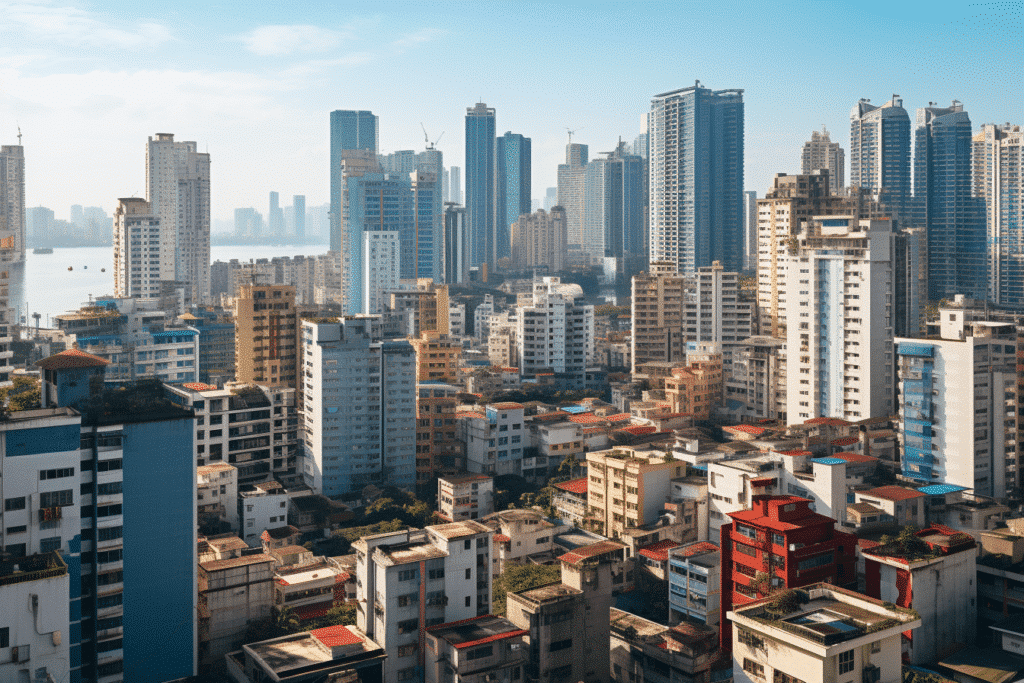A leading construction conglomerate in the country is failing to meet its interest obligations; a collapse of the supply chain and the spread of the crisis to state-owned developers could have catastrophic consequences
Last week, households across China went into panic mode as Country Garden, the company constructing their apartments, failed to pay $22.5 million in due interest for its bonds back in August. Now, one of the world’s largest real estate developers must make the payments by early September, or it faces insolvency and restructuring, similar to the fate of hundreds of other developers. Trading of the company’s bonds, which are now worth only a few cents on the dollar, was suspended as of August 14.
Local authorities throughout China are closely monitoring the situation. Country Garden, known for large-scale construction projects in China’s secondary and tertiary cities, holds less debt than Evergrande, a major highly indebted developer that went insolvent in 2021. However, Country Garden built four times as many apartments as Evergrande did before its insolvency at the beginning of the year.
Due to the reduced construction pace by Country Garden in the first half of 2022, at least 144,000 buyers will not receive the keys to their promised new homes by the end of the year. A sudden debt collapse of the company would plunge even more families into uncertainty.
This month marks the third year of China’s real estate crisis, measured from the introduction of the government’s “three red lines” to limit external borrowing. Throughout this time, authorities have tried to manage confidence and expectations. Initially, the collapse of Evergrande and the government’s inability to control the situation were not widely anticipated.
Until recently, Country Garden was seen as immune to default. Since the close of the prior year, authorities have endeavoured to stabilize the market by circulating an unofficial roster of financially stable developers, which includes Country Garden.
However, calculations have changed in recent days. Country Garden’s issue is not overindebtedness like Evergrande, but a loss of public trust, indicating a diminishing control by the government. Since the easing of Covid-19 controls, the real estate crisis has worsened, with prices falling and sales of the top 100 developers dropping by 33 percent in July year-on-year. Country Garden’s revenue plummeted by 60 percent.
Concerns include the potential collapse of supply chains in the real estate sector, as developers often haven’t paid their suppliers and construction companies on time. Over the past three years, the industry has largely managed this pressure, but developers’ liquidity is diminishing.

There’s also growing worry that the crisis could spread to state-owned enterprises
Chinese developers have been largely cut off from international bond markets since 2021, but the domestic debt market remains open to state-backed enterprises.
Analysts largely believe that China’s banks are robust enough to withstand the collapse of a major developer like Country Garden. However, the government could pressure banks to grant more loans to support the real estate market, which could diminish banks’ profits and potentially lead to risky lending during a time when the Chinese economy is struggling.
Officials’ greatest concern is likely the threat to social stability. Aggressive price cuts by Country Garden could intensify competition and accelerate price declines across the industry, causing buyers to delay their purchasing decisions in anticipation of further price drops. In the past, buyers who purchased early and missed out on price reductions protested and demanded corresponding price cuts.
